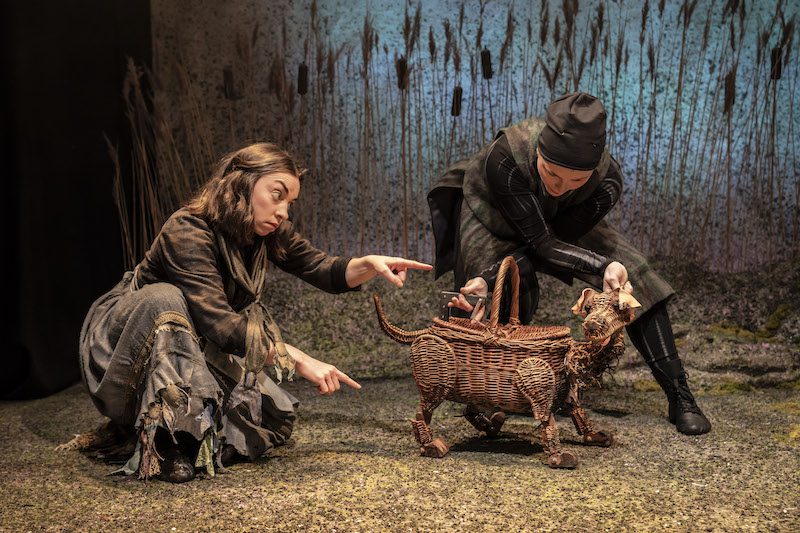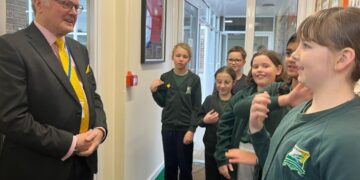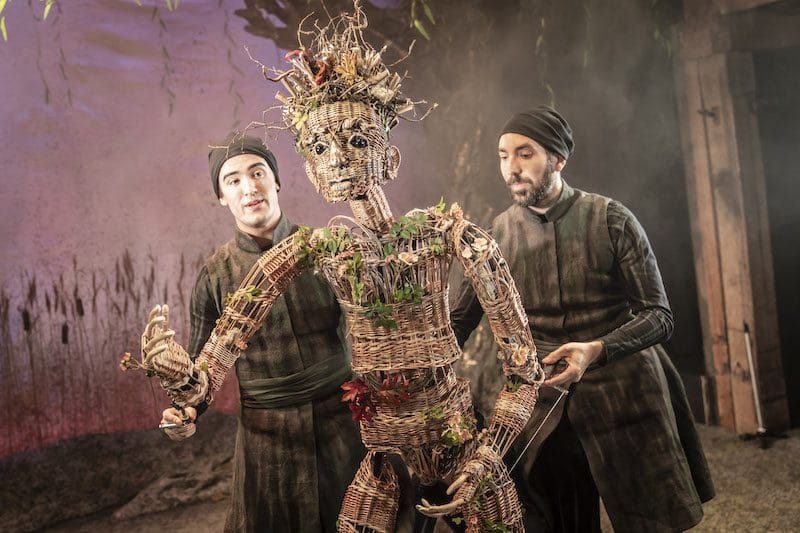If someone offered you a robot doll, tailored to satisfy your every wish (whether emotional and sexual) and sculpted to personify your definition of beauty – would you accept the offer?
Research undertaken by the rapidly growing artificial intelligence industry suggests the vast majority of people would say “yes” – two thirds of men and one-third of women, interestingly.
So you’re not alone in wanting one (c’mon, we both know you do – even if you already have a partner…)

I could say “But wait! Think about all the stuff you’d miss out on by not dating a real person!”
But you’d answer, with the wisdom of the ages in your twinkling eye, “What do you gain by dating real person?”
You’d cite the stuff that can drag down real relationships – waning attraction, chewing with your mouth open, and that awful moment when you realise it’s become normal to break wind in front of each other.
Would that be enough to bring me around to your way of thinking?

This, in essence, is the premise behind The Watermill Theatre’s latest production “The Wicker Husband”, which contrary to its suggestive title does not feature devout Scottish police officers being burned alive in a giant wicker statue.
Ugly Girl (Laura Johnson) lives on the outskirts of village life – shunned by the Tailor, Cobbler and Innkeeper and their respective wives, who make up its residents and lead wonderfully happy and contented lives.
Mourning her lot under a willow tree, she meets a sprightly dog who just so happens to be made entirely out of a wicker basket. After he/it steals her possessions, she gives chase and eventually comes to the home of its creator, the Basketmaker (Julian Forsyth) – who gifts her with her very own crafted companion, the Wicker Husband.
But how will the villagers, content in their long-lasting relationships, react when the girl they shunned returns with a companion who is more beautiful, more loving, and more selfless than their partners?
It’s classic fairytale fare, brought to incredible life by the specially-composed folk songs (courtesy of Darren Clark) which are played on stage throughout the piece – think of the opening number from “Beauty & The Beast” – and the magical work of the puppeteers, who bring the titular Husband and other assorted wicker creations to life in a manner reminiscent of “War Horse”.

Enhancing the fairytale trappings of the piece, the play makes you feel as if you’re there amid the action. Coupled with the branches of the large tree dominating the stage, the wooden interior of the theatre gives the impression that you’re sitting on the edge of a forest – while the background and lighting makes you feel as if you’re gazing into mists slowly rising over a lake, while swallows wheel and cry in the gloom.
And like the best fairytales, there is an element of the cautionary to this particular yarn – for not only does it capture some of the ethical debates surrounding the growing Artificial Intelligence industry, it also casts a light on the way we as humans react to loneliness and form attachments to things that can’t reciprocate.
Ugly Girl, physically alone and friendless, quickly develops feelings for The Wicker Husband despite his obvious lack of humanity. In reality, a 2011 study by the University of Calgary found that when humans sat facing a motorized block of wood, they would begin to react emotionally to it – in some instances dancing with it. What does this say about our need to fill the voids in our lives, and the lengths we’ll go to do so?

Likewise, the other villagers (equally lonely in their relationships) react with anger and jealousy respectively as The Wicker Husband highlights their shortcomings, or the shortcomings of their partners. A neat reflection, perhaps, of the way we can often be led by our emotions when we meet friends’ partners for the first time – drawing unfavourable comparisons that are based on perceptions more than realities, and (if the barrier between desire and action is thin) perhaps causing harm to those we love.
Perhaps it isn’t just the Wicker Husband whose strings are pulled by forces beyond his control?
Sadly the production run has been suspended due to Covid-19, but in the event that it is resurrected in the future, I would urge you watch it. The acting, music and singing are top-notch, the direction by Charlotte Westenra superb – and whether viewed as an enchanting modern fairytale or a deeper exploration of loneliness and attachment, it’s a richly atmospheric trip which equals anything recorded by the Brothers Grimm.












































